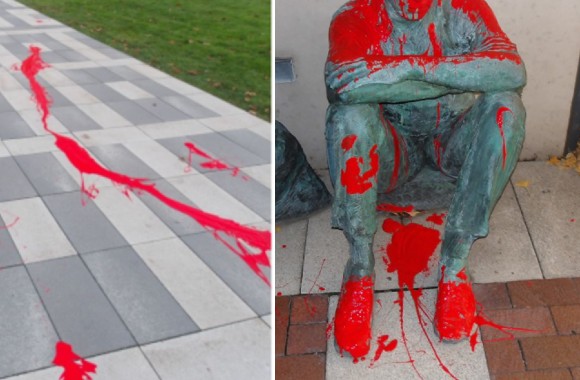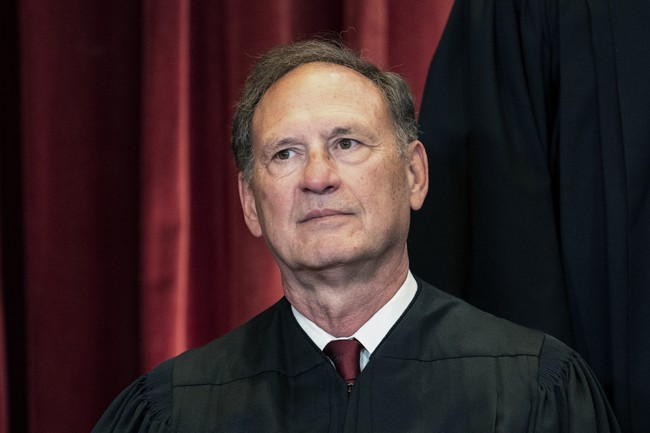
Comedian, actor, writer and director Christopher Guest was born in New York City in 1948, the son of a British United Nations diplomat and an American VP of casting at CBS (no wonder he could afford a risky venture into show business). He began performing in theatre in the 1970s and eventually rode that wave to Broadway when he performed in the American production of the London-based play Moonchildren in 1972. That same decade he found his way to the National Lampoon Radio Hour and played characters who leaned more into the comedic with such future comedy stars as Chevy Chase and John Belushi, both of whom he performed with off Broadway in the 1973 play National Lampoon’s Lemmings, which helped launch the stage careers of all three men.

As most people know, Chevy Chase and John Belushi would both be hired as cast members on the first season of Saturday Night Live in 1975, but what some may not know is that Christopher Guest was also hired as a cast member on a show called Saturday Night Live in 1975, but not the Saturday Night Live most people think about. Alongside Bill Murray and his brother Brian Doyle-Murray, Guest was billed as a Prime Time Player on ABC’s Saturday Night Live with Howard Cosell, a comedy variety show that lasted one season from 1975 to 1976 and has gone on in television history to be known as a disaster (the fact that sportscaster Howard Cosell had no experience in comedy may have had something to do with that). Not only was that show the reason why NBC’s Saturday Night Live was known as Saturday Night in its early years but it was also the reason why SNL began cheekily calling its own cast members the “Not Ready for Prime Time Players.”


Christopher Guest was eventually hired as a cast member on the NBC version of Saturday Night Live in 1984 (also for one season) during a time when then-showrunner Dick Ebersol did something SNL rarely does: hire comedians who were already popular stars as cast members, including Billy Crystal and Martin Short in addition to Guest. While it was a short period in SNL years, Guest became known as the Weekend Update news anchor that season and for playing such recurring characters as Frankie opposite Billy Crystal’s Willie, Herb Minkman, Rajeev Vindaloo and Señor Cosa. Plus he directed documentary-style shorts for the show, often starring Harry Shearer alongside Short and Crystal.



Before Guest made these documentary shorts for SNL he also directed a segment of the TV anthology series Likely Stories called “Dead Ringer” (1981) which starred Guest in every role and satirized the film noir genre. That was his first major directing job, although you had to be an On TV subscriber to watch that show. In other words, nobody saw it.

Christopher Guest’s most famous role was in the mockumentary film This Is Spinal Tap (1984) which stars Guest, Michael McKean and Harry Shearer as three heavy metal rock stars whose American tour is being documented by a filmmaker played by Rob Reiner (who Guest previously worked with when he made an appearance on the sitcom All in the Family). The film cleverly and hilariously satirizes ’70s rock documentaries and the often eccentric behavior of the musicians who are being filmed through a ton of improvised dialogue that was shot over the course of many hours with the best stuff ending up in the movie. It’s probably for this reason that Guest, Shearer, McKean and Reiner are credited as the screenwriters. It’s not the first mockumentary. The one this got compared to the most at the home was the 1978 TV film All You Need Is Cash which satirized the Beatles. But This Is Spinal Tap definitely popularized the subgenre and became a highly regarded and highly quotable comedy classic.




Guest would often employ the Spinal Tap style when he began directing his own films, with his directorial debut being The Big Picture (1989), which he co-wrote with Michael McKean and Michael Varhal and which stars Kevin Bacon as an aspiring filmmaker who wins a student film contest, signs with an agent (played by Martin Short) and sets out to make his dream movie. It mostly received positive reviews although some criticized it for being an unrealistic representation of Hollywood. Regardless, it wasn’t a commercial success.

The most popular film Christopher Guest directed is Waiting for Guffman (1996) which he co-wrote with Eugene Levy (the first of many collaborations with him). The film, which parodies the title for the Samuel Beckett play Waiting for Godot, chronicles the production of a stage musical. Guest plays the musical’s director Corky St. Clair and along with Michael McKean and Harry Shearer he co-wrote original music numbers for the film. Like This Is Spinal Tap, the film is told in a documentary style and a lot of improvised dialogue. It failed to get much attention at the box office but it received acclaim from film critics who praised it as a deadpan riot and a comedy gem. Now it is listed as one of the best movies of all time by the New York Times, the Los Angeles Times, the San Francisco Chronicle and others.

Guest continued his improvisational mockumentary filmmaking and his screenwriting collaboration with Eugene Levy when he directed Best in Show (2000) which focused on a prestigious dog show and starred Guest, Levy and frequent Guest collaborators like Michael McKean, Catherine O’Hara, John Michael Higgins, Jane Lynch, Jennifer Coolidge and Parker Posey. It was another very funny and critically adored Christopher Guest film and unfortunately another one with a lukewarm commercial reception.

A Mighty Wind (2003) was a mockumentary about a folk music reunion concert that is being organized by the children of folk music producer Irving Steinbloom following his death (that character is said to be inspired by real-life folk music producer Harold Leventhal). Guest, Shearer and McKean first appeared as the Folksmen in a Season 10 SNL sketch and later in the 1992 TV special The Return of Spinal Tap before the music group made their big screen debut here. A Mighty Wind received mostly positive reviews while being acknowledged as less funny and more heartfelt than usual for a Guest mockumentary.

Christopher Guest’s films have never been widely popular with the public but for his next few films, the critics began to turn on him. For Your Consideration (2006) is a comedy about a group of actors starring in a period drama set in the 1940s American South called “Home for Purim” which generates a lot of Oscar buzz while the film is still in development. That buzz ends up affecting the production of the film as studio interference creeps in. Despite a premise that is ripe for big laughs it didn’t receive as much praise as Guest’s other comedies, although Leonard Maltin described the way it parodies show business as dead-on.

After a long hiatus, Guest came back a decade later with the Netflix comedy Mascots (2016) which he co-wrote with Jim Piddock. The mockumentary took a behind-the-scenes look at the antics of a group of corporate mascots who compete for the World Mascot Association Championships. It was not well-received because it was deemed uncharacteristically broad. It was also criticized for its uneven humor and non-existent plot.

Guest has neither directed nor has been seen on screen in anything else until 2025. That’s the year he once again teamed up with director Rob Reiner and co-writers and co-stars Michael McKean and Harry Shearer for a sequel to This Is Spinal Tap called Spinal Tap II: The End Continues (2025) which documents the reunion of heavy metal rock band Spinal Tap who were apart for 15 years and who decide to put on one final show.

Christopher Guest may be more widely known for his acting roles in films like Death Wish, This Is Spinal Tap, The Princess Bride and Little Shop of Horrors than for his directing credits, but he remains a unique and staunchly independent voice in the cinematic comedy world.













